Harold Reiter, Mathematics and Statistics, UNC Charlotte
“For more than a decade, research studies of mathematics education in high-performing countries have concluded that mathematics education in the United States must become substantially more focused and coherent in order to improve mathematics achievement in this country. To deliver on this promise, the Common Core mathematics standards are designed to address the problem of a curriculum that is ‘a mile wide and an inch deep.’” See http://www.corestandards.org/Math/.
There are two types of standards, Content Standards and Process Standards. The Content Standards comprise a checklist by grade of topics that should be learned. The Process Standards is a list that describes varieties of expertise that mathematics educators at all levels should seek to develop in their students:
- MP1 Make sense of problems and persevere in solving them.
- MP2 Reason abstractly and quantitatively.
- MP3 Construct viable arguments and critique the reasoning of others.
- MP4 Model with mathematics.
- MP5 Use appropriate tools strategically.
- MP6 Attend to precision.
- MP7 Look for and make use of structure.
- MP8 Look for and express regularity in repeated reasoning.
This seminar aims to help participants feel comfortable with and develop ideas that enable students to embrace these ideas. We start with some very fundamental ideas: whole numbers, fractions, and decimals. We’ll spend some time building with wooden cubes and ZomeTools, and counting various configurations of these structures. We’ll work lots of puzzles including KenKen and Some Cubes and see how they help students to embrace the process standards above.
Each Fellow will get to present a topic to the group after which we’ll discuss which standards were addressed, and how others might have been included. Above all, we’ll pay attention to MP1. Problem solving is a giant part of mathematics, and learning to persevere is a part of learning mathematics that students can take with them for the rest of their lives.
Explore curriculum units developed by Fellows in this seminar here.














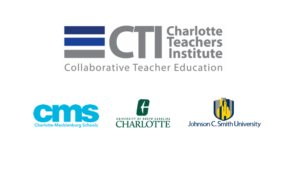
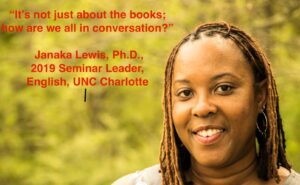
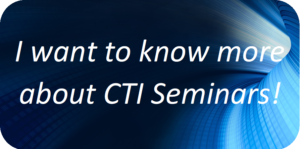
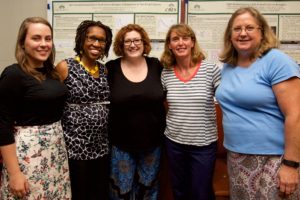
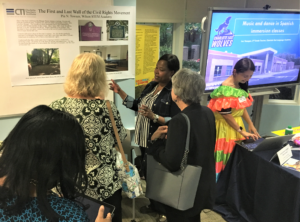
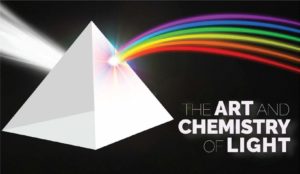




 Home
Home